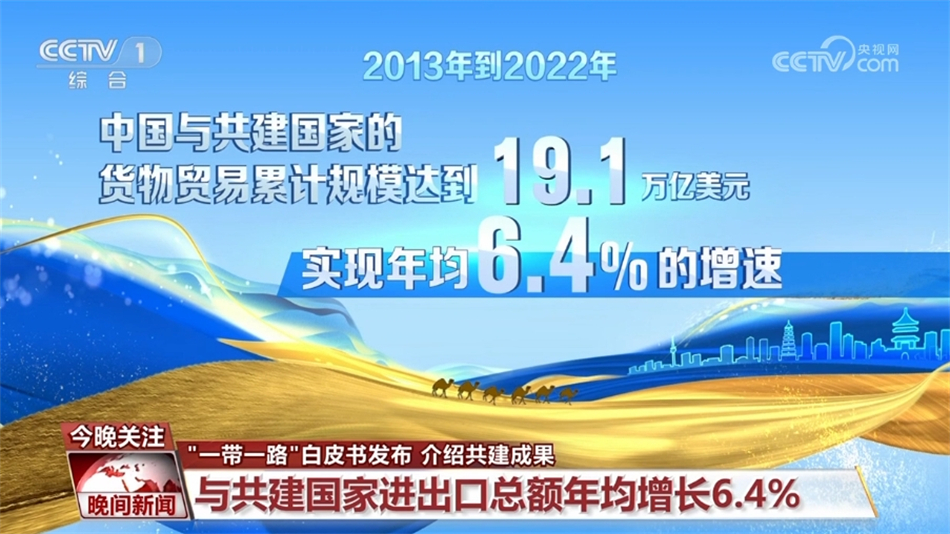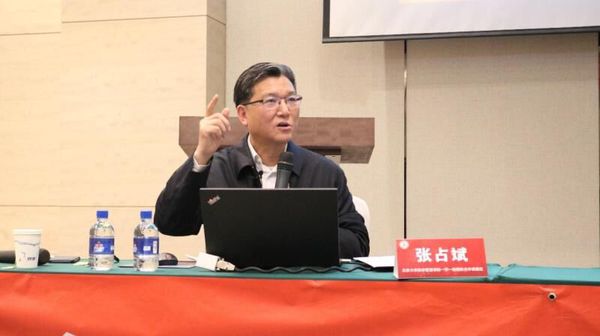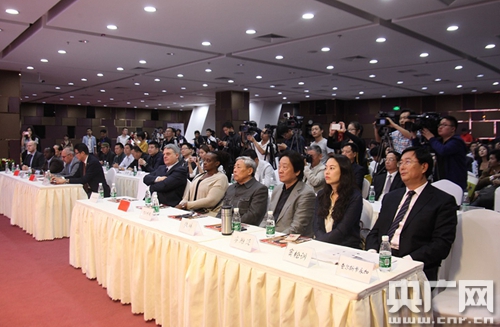Li Zaiming Took Over The Blue House, And His Statement On The Taiwan Issue Changed, And His Wording Was Unusual.
Li Zaiming Took Over The Blue House, And His Statement On The Taiwan Issue Changed, And His Wording Was Unusual.
For him, the Taiwan issue is a "trump card" that can both win China's favor and impress South Korean voters. During the election campaign, he emphasized many times that Taiwan is China's internal affairs and that South Korea has no right to intervene. This is not only for China, but also a promise to South Korean voters - follow me
The Blue House has a new owner, and Lee Jae-ming officially ascended the throne of president with a vote of 49.2%. Yoon Seo-yeon's old path of pro-American and charming Japan finally came to an end. Faced with the sensitive questions raised by American journalists - if the mainland takes force against Taiwan, will South Korea take action? However, Li Zaiming gave a shocking reply: "I will consider it when the aliens invade the earth." The audience was in an uproar.

What does this mean? Is South Korea really going to change a lot? The new president gave Washington a blow with such a sharp and joking answer. "Time" Weekly originally expected to make some official statements through exclusive interviews, but unexpectedly, Li Zaiming did not play according to the routine. When the reporter raised the classic trap title, "If the mainland unifies Taiwan, will South Korea provide assistance?", Li Zaiming's sentence "Unless aliens invade, they will not talk about it" shocked everyone.

This seems like a joke, but it is actually a major statement of South Korea's policy toward Taiwan. In other words, South Korea has clearly drawn a clear line on the Taiwan issue, so don’t expect us to interfere. What is even more surprising is that such a tough stance not only did not affect Li Zaiming's election situation, but instead helped him defeat his opponent with nearly 50% of the votes and successfully elected. This shows that the Korean people are already tired of the hypocritical diplomacy that used to charm American politicians. What they want is real interests rather than empty ideology.

When Taiwanese green camp politicians heard the news, they were probably so angry that their teeth itched. They originally expected South Korea to stand up and support at a critical moment, but Lee Jae-ming directly cut off this hope, just like a friend asked you to fight, but replied, "Wait until I will fly," and obviously didn't want to get involved.

To truly understand the importance of this statement, we must first look at the pro-US and pro-Taiwan changes of South Korea's past few presidents. During the reign of Park Geun-hye, she was a hard-core friend of Taiwan and was awarded an honorary doctorate in Taiwan. The Park family had an excellent relationship with Taiwan. When her father Park Chung-hee was in power, China and South Korea had not yet established diplomatic relations. South Korea-Taiwan relations were in a honeymoon period. Park Geun-hye herself frequently visited Taiwan unofficially and had a hot relationship. Unfortunately, the good times did not last long. The Sewol shipwreck accident and the "best friend's interference in politics" scandal put her in crisis, and the policy toward Taiwan also lost its vitality.

When Moon Jae-in succeeded, he was still friendly to China on the surface and actively slowed down THAAD deployment, which once made people think that China-South Korea relations would ease. But at heart he is still a firm pro-American faction. At the 2021 US-South Korea summit, he and Biden jointly announced the maintenance of peace in the Taiwan Strait, breaking his past cautious attitude on the Taiwan issue. In fact, Moon Jae-in attaches more importance to business interests and dealing with China, but his core focus is on the United States. South Korean media asserted at the time that it was a dream to expect Moon Jae-in to completely change his position on the Taiwan Strait issue, but it was true.

The most radical Yoon Seok-young almost brought Meimei to the extreme. During his administration, he had extremely tough policies towards China, adopted a one-sided pro-US line, and cooperated with the Biden administration to provoke China everywhere, causing China-South Korea relations to fall to freezing point. Yoon Seo-yeol made controversial remarks many times, elevating the Taiwan issue to an international issue, claiming to affect global development. This unreasonable proposition has attracted severe criticism from the Chinese Ministry of Foreign Affairs and pointed out that he crossed the line. In the end, Yoon Seo-yeol not only failed to stabilize her position, but was even impeached and stepped down, but the United States never extended a helping hand.

Politicians' attitudes are constantly changing, but one thing will never change - the wallets of Korean people cannot withstand this kind of tossing. The cost of living in South Korea is extremely high, and a watermelon is priced at dozens of yuan. Ordinary people would rather buy it by cutting it into pieces than by buying a whole piece. Not to mention the high prices of vegetables and daily necessities, Chinese tourists often amazed. The problem is that about 80% of these daily necessities rely on Chinese imports. If there is any slight disturbance, the people will immediately feel the pressure.

Data shows that China has been South Korea's largest trading partner since 2004, and has been doing so for twenty years. South Korea's dependence on China's trade is as high as 25%. In other words, one of every four dollars that South Korea earns comes from China. What’s more important is the supply of rare earths. As a major manufacturing country, 80% of South Korea’s rare earths rely on imports from China. With the supply of rare earths cut off, South Korea's electronics and automobile industries will be paralyzed, which means that others have controlled the "lifeline". How can you be careless?

Li Zaiming knows this truth well. He was born in poverty and was a civil rights lawyer. He experienced hardships at the bottom and understood the sufferings of the people better than those politicians from wealthy backgrounds. He understood a simple truth: what the Korean people want is real interests, not illusory values. For him, the Taiwan issue is a "trump card" that can both win China's favor and impress South Korean voters. During the election campaign, he emphasized many times that Taiwan is China's internal affairs and that South Korea has no right to intervene. This is not only for China, but also a promise to South Korean voters - following me, life will be better.
Sure enough, Lee Jae-ming's approval rating soared to 49.2%, significantly leading his opponents, demonstrating that the Korean people have chosen pragmatism and interests with practical actions, and also chose to restore relations with China. Economic interests determine political stance, but actual operations are bound to be twists and turns.

Lee Jae-ming's statement triggered a chain reaction, and the US, Japan and South Korea military alliance faced disintegration. The "seamless cooperation" in East Asia that the Biden administration has worked hard to build now seems to be a joke. The United States has lost Yoon Seo-yeon, the "submissive people", and East Asia's strategic layout has instantly become messy. The most embarrassing thing is that Japan has almost become a lonely person on the Taiwan issue without South Korea's cooperation. The United States dare not fight the People's Liberation Army head-on, why should Japan fight alone? Abe's so-called argument that "if there is something happening in Taiwan, it will happen every day" sounds more like talking to himself now.

The situation on the Korean Peninsula has also ushered in new opportunities. Lee Zaiming comes to power, the North Korea-South Korea dialogue restarts, and regional stability may be improved. After all, the easing of the Korean Peninsula means that the United States' military presence in Northeast Asia has lost its rationality, which is a double benefit for China. First, Li Zaiming's statement directly weakened the fantasy of the international dependence of the Taiwan independence forces; secondly, the reconstruction of China-South Korea relations will bring a positive boost to China's economic and regional influence.

However, Li Zaiming's challenge is still huge. South Korea's security reliance on the United States is a historical issue and cannot be changed overnight. Li Zaiming wants to walk a tightrope between the two strong forces in China and the United States. If you are not careful, you may not please both sides. The domestic conservative forces will not give up, and they will put pressure on all sides from Congress to public opinion. Whether it can fulfill its promise not to interfere with Taiwan and transform it into actual policies is still unknown.
The United States will not sit idly by, and all kinds of light and dark methods will inevitably follow. South Korea has long seen economic sanctions, military threats, and political infiltration. Whether Lee Jae-ming can be as good as Moon Jae-in or will follow Yoon Seok-yeol and turn to the United States is a big question.

But what is certain is that Li Zaiming's "alien" remarks have already opened a hole in the United States' strategic layout in East Asia. How big this crack can be torn depends entirely on Lee Jae-ming's political wisdom and the awareness of the Korean people.

Although Lee Jae-ming's "Alien" meme is absurd, it actually reflects the smartness of the Koreans - neither directly offending the United States, nor leaving enough face for China. Life in a small country sandwiched between big countries is not easy, but this time the South Koreans have chosen a leader who knows how to weigh the pros and cons. This pragmatism may herald a new pattern of geopolitics in East Asia - no longer a black or white side, but a flexible response based on one's own interests. After all, in today's global economic integration, whoever cannot get over money will have to face the doubts of voters.

What do you think if Lee Jae-ming can withstand the pressure on the United States? Or will you repeat the same mistakes and say one thing and do another?





